China ‘will take military action at any cost to prevent Taiwan split if necessary’
China says it will take necessary military actions, “at any cost,” to thwart potential attempts to separate the self-ruled island of Taiwan — which Beijing claims as part of its territory — from mainland China.
“The Taiwan issue is related to China’s sovereignty and territorial integrity and touches upon China’s core interests,” Chinese Defense Minister Wei Fenghe said during a speech at the Xiangshan Forum in the capital, Beijing, on Thursday. “On this issue, it is extremely dangerous to repeatedly challenge China’s bottom line.”
“If someone tries to separate out Taiwan (from China), China’s army will take the necessary actions at any cost [to prevent that],” Wei warned.
His warning came three days after the United States dispatched two warships through Taiwan Strait, in the second such operation this year and the latest in a series of gestures made by Washington in support of Taiwan, which broke away from China during a civil war in 1949.
Beijing has pursued reunification ever since. It claims full sovereignty over the island; and almost all world countries, including the US since 1979, recognize that sovereignty under a policy known as “One China.”
Washington has no diplomatic relations with Taipei; however, it has extensive military ties with Taiwan, forwarding advanced military hardware to the island state over the objections of China.
Under President Donald Trump, the US has increasingly embraced Taiwan. Since he took office in January 2017, Washington has opened a new de facto embassy in Taipei, passed a law to encourage senior US officials to travel to Taiwan to meet their Taiwanese counterparts and vice versa, and has been flirting with the idea of recognizing Taiwan as “independent.”
Wei said that Beijing-Washington military ties were important and sensitive, adding, however, that China would never give up an inch of its territory.
He said China opposed displays of strength and provocation in the South China Sea by “nations from outside the region,” carried out under the pretense of protecting freedom of flight and navigation.
The South China Sea is also claimed by Beijing but is disputed by other regional countries.
The US routinely sends warships and military aircraft to the sea to protect what it calls its right to freedom of navigation in international waters.
Beijing’s relations with Taipei have particularly been strained since the island’s president Tsai Ing-wen, of the independence-leaning Democratic Progressive Party, came to power in 2016. She has strong anti-China inclinations and refuses to acknowledge that both sides are part of “One China.”
Chinese President Xi Jinping has already declared that the issue of bringing Taiwan under Beijing’s control cannot be postponed indefinitely; and some analysts believe he is determined to bring about that prospect during his time in office.
‘No two-hour war’: Iran vows immediate retaliation to any attack
Pezeshkian: US must end provocations if it seeks genuine diplomacy
Iran summons German ambassador over Merz’s ‘low-minded’ remarks
Iran's Armed Forces warn EU of ‘consequences’ of IRGC designation
Iran FM: EU’s blacklisting of IRGC a ‘major strategic mistake’
EU blacklists IRGC in legally flawed move irrespective of consequences
VIDEO | Press TV's news headlines
VIDEO | Afghanistan opens first specialized cancer hospital


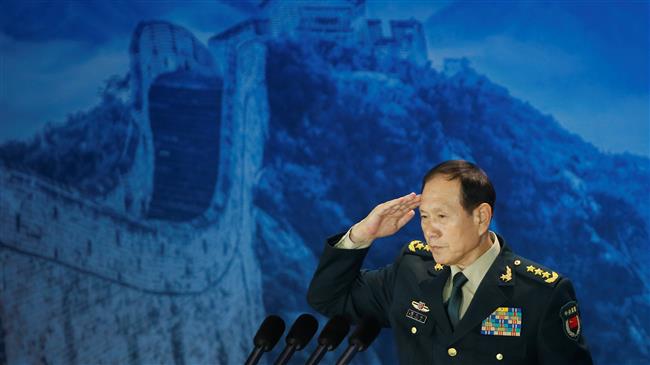

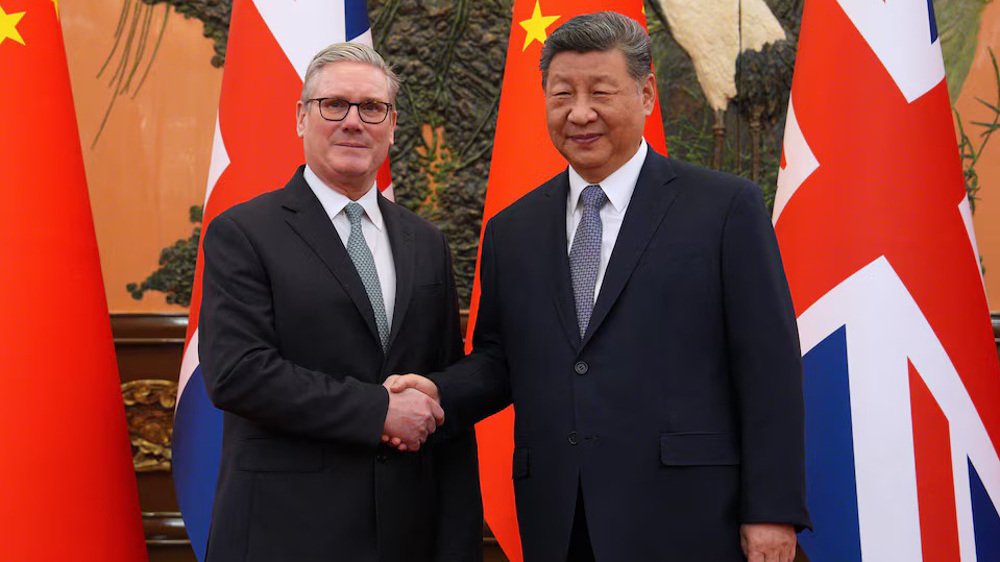
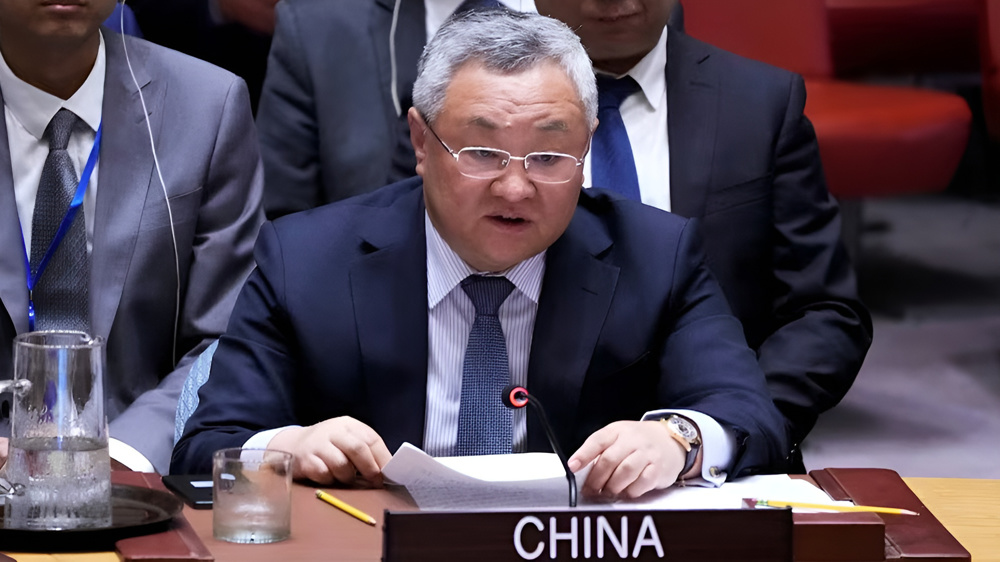
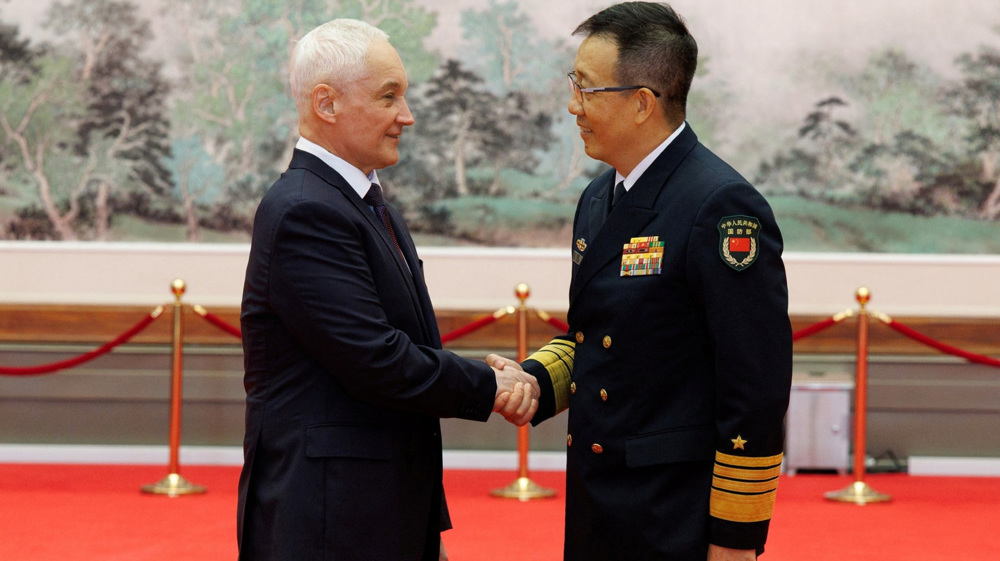





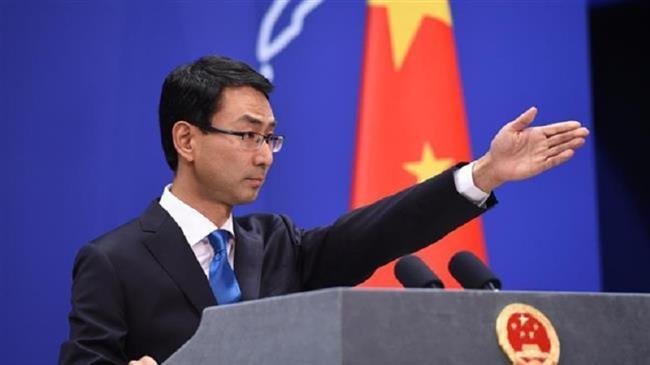
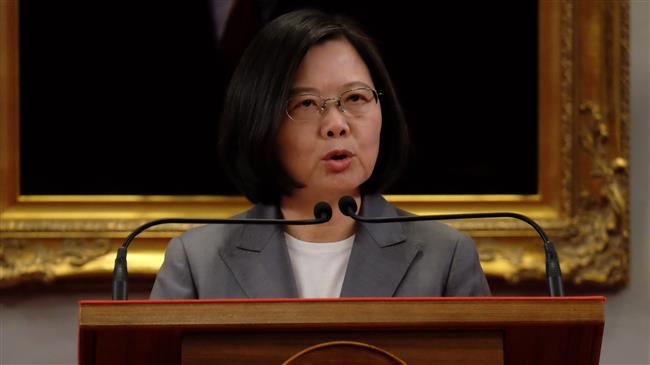
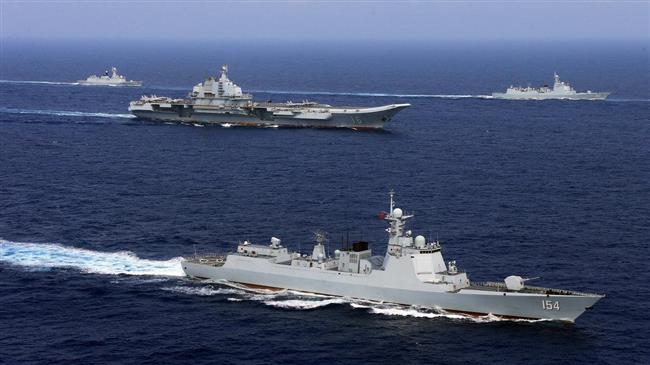
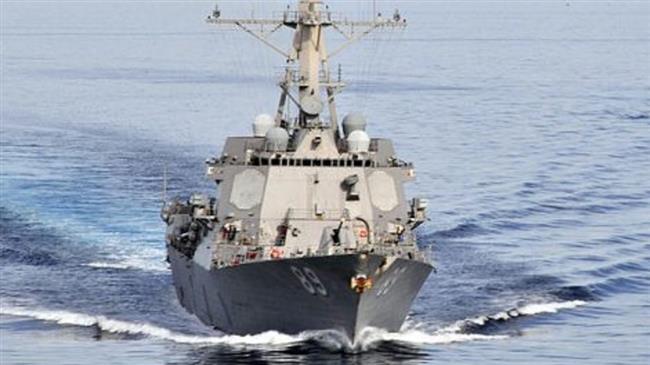

 This makes it easy to access the Press TV website
This makes it easy to access the Press TV website